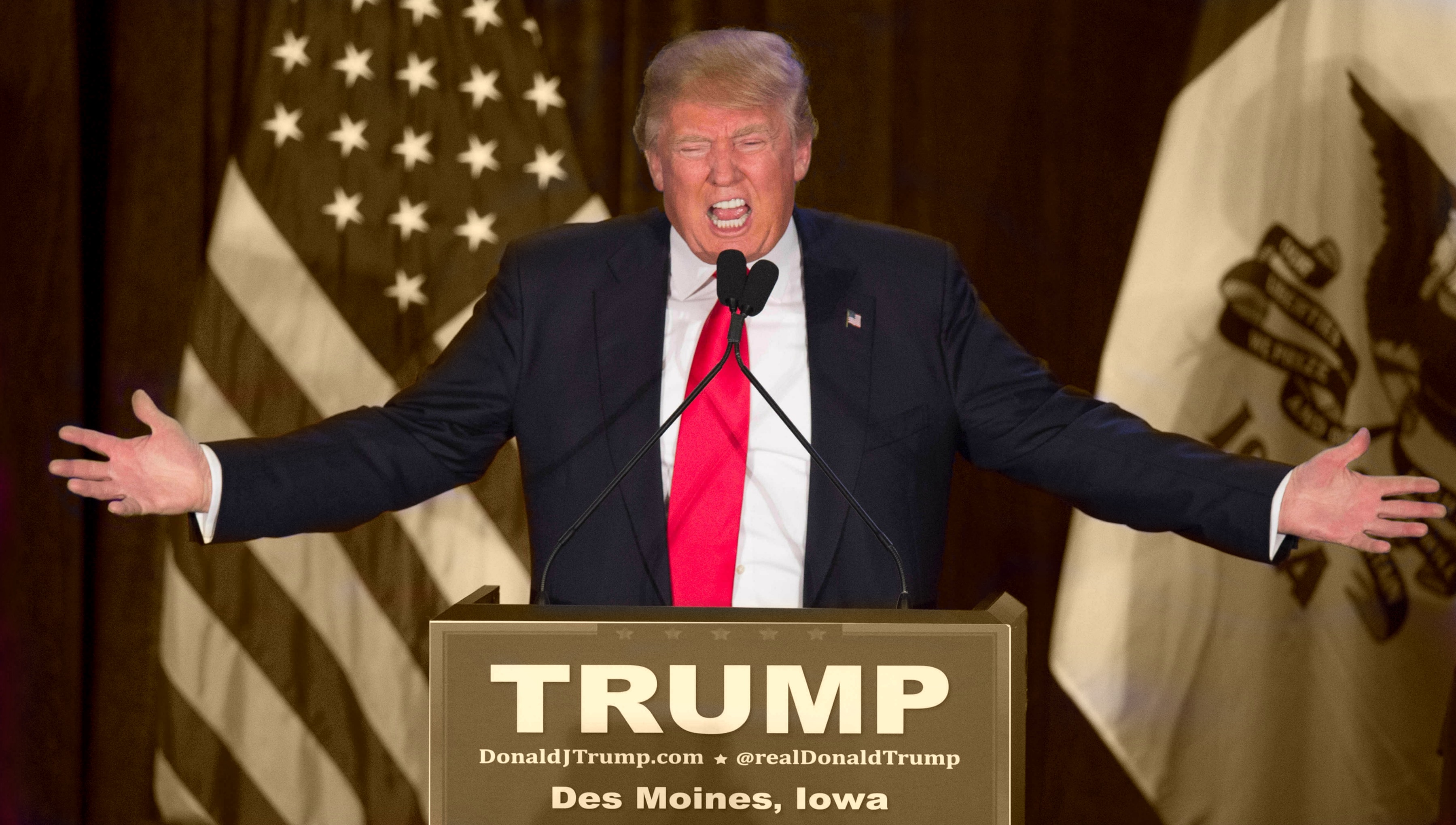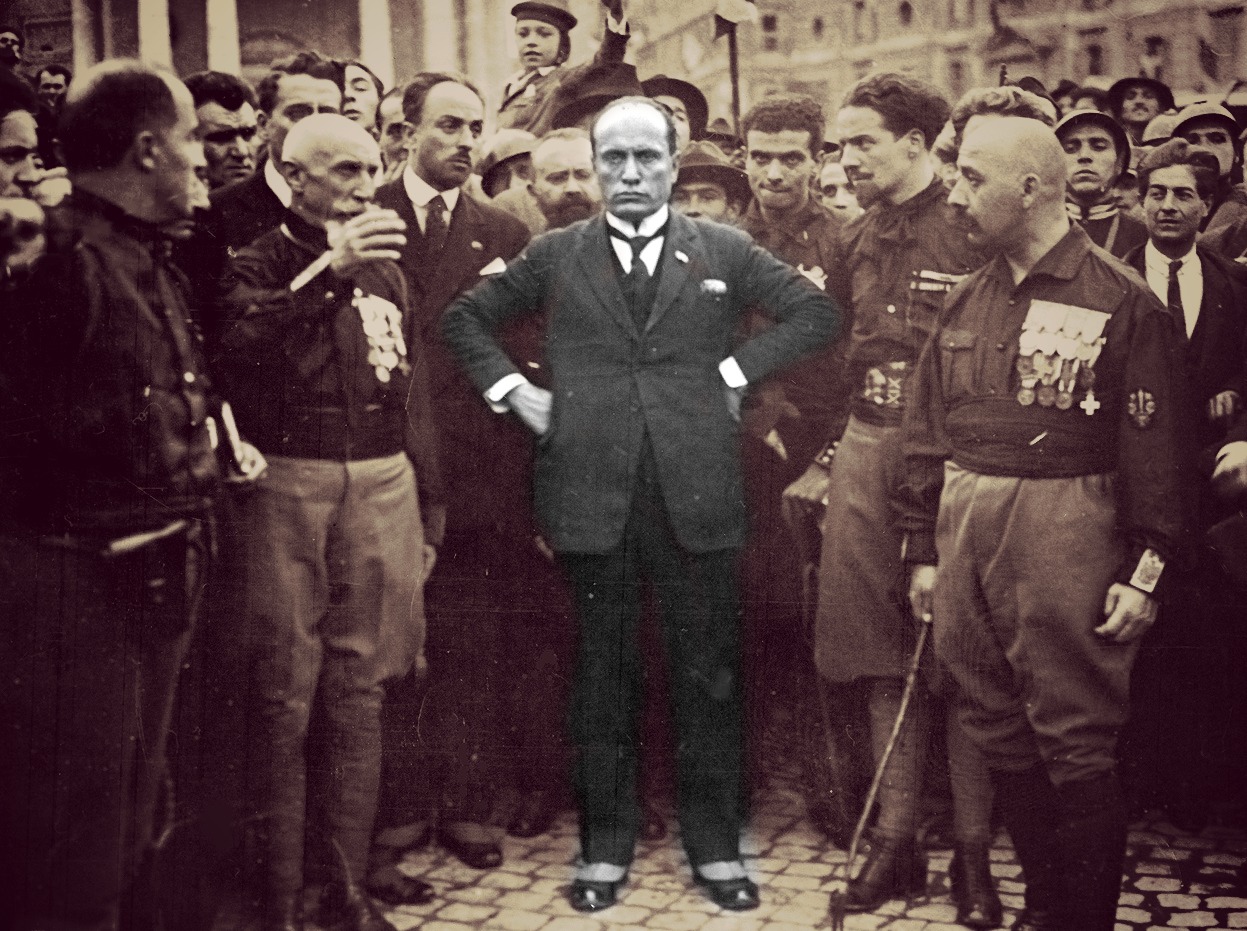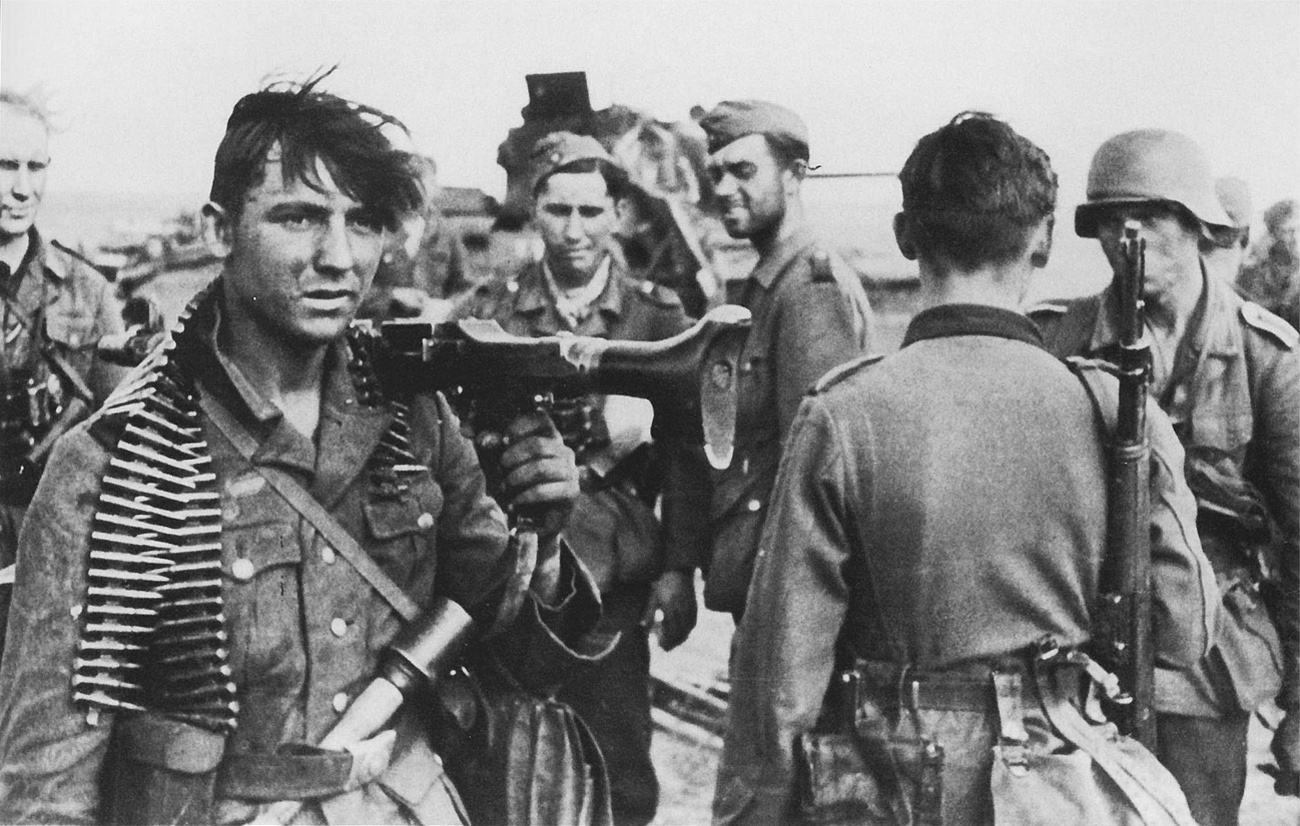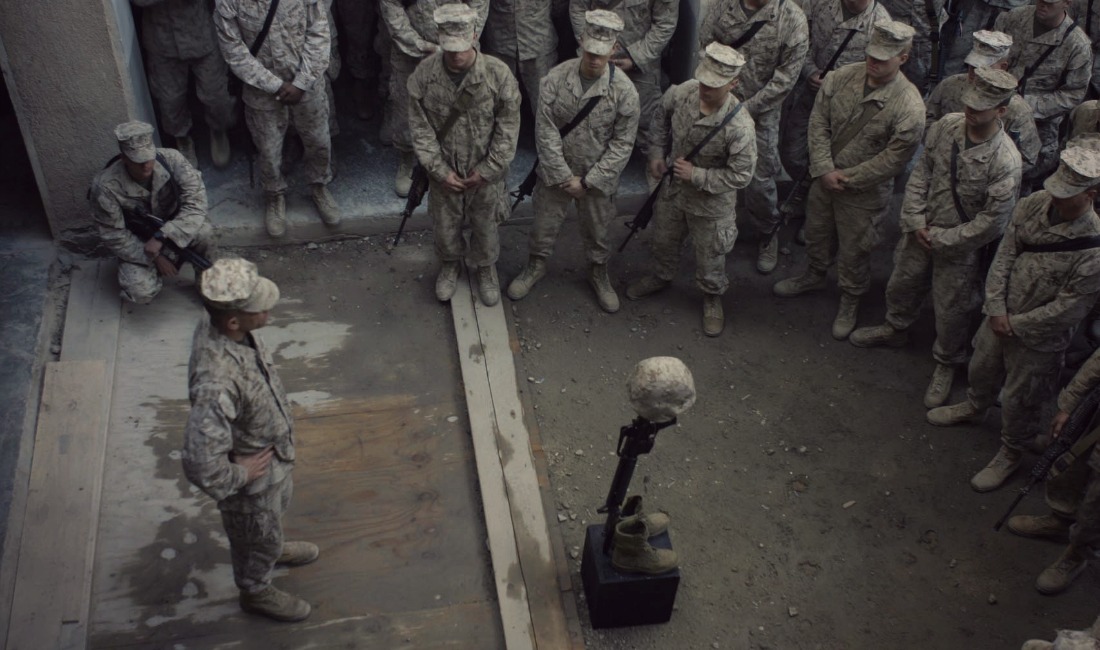5,676 Good Words on John S. McCain
David Foster Wallace, “The Weasel, Twelve Monkeys, and the Shrub,” April 13, 2000
Wallace’s famous 2000 dispatch from the Straight Talk Express is, unsurprisingly, very good. It’s also a welcome break from the dreck that has so far marked McCain’s passing: from the far left (and far right) a steady stream of cruel Twitter one-upmanship, from most everyone else uncritical blurbs that dwell little on the man and even less on the legislator, focusing instead on the time he cracked a joke in a Capitol corridor or remembered a reporter’s name. Wallace’s work is also, however, 25,000 words long. I’ve condensed down to what I found especially stirring.
On “Service” and Vietnam:
[W]hen Senator John McCain also says – constantly, thumping it at the start and end of every speech and THM – that his goal as president will be “to inspire young Americans to devote them- selves to causes greater than their own self-interest,” it’s hard not to hear it as just one more piece of the carefully scripted bullshit that presidential candidates hand us as they go about the self-interested business of trying to become the most powerful, important and talked-about human being on earth, which is of course their real “cause,” to which they appear to be so deeply devoted that they can swallow and spew whole mountains of noble – sounding bullshit and convince even themselves that they mean it. Cynical as that may sound, polls show it’s how most of us feel. And it’s beyond not believing the bullshit; mostly we don’t even hear it, dismiss it at the same deep level where we also block out billboards and Muzak.
But there’s something underneath politics in the way you have to hear McCain, something riveting and unSpinnable and true. It has to do with McCain’s military background and Vietnam combat and the five-plus years he spent in a North Vietnamese prison, mostly in solitary, in a box, getting tortured and starved. And the unbelievable honor and balls he showed there. It’s very easy to gloss over the POW thing, partly because we’ve all heard so much about it and partly because it’s so off-the – charts dramatic, like something in a movie instead of a man’s life. But it’s worth considering for a minute, because it’s what makes McCain’s “causes greater than self-interest” line easier to hear.







